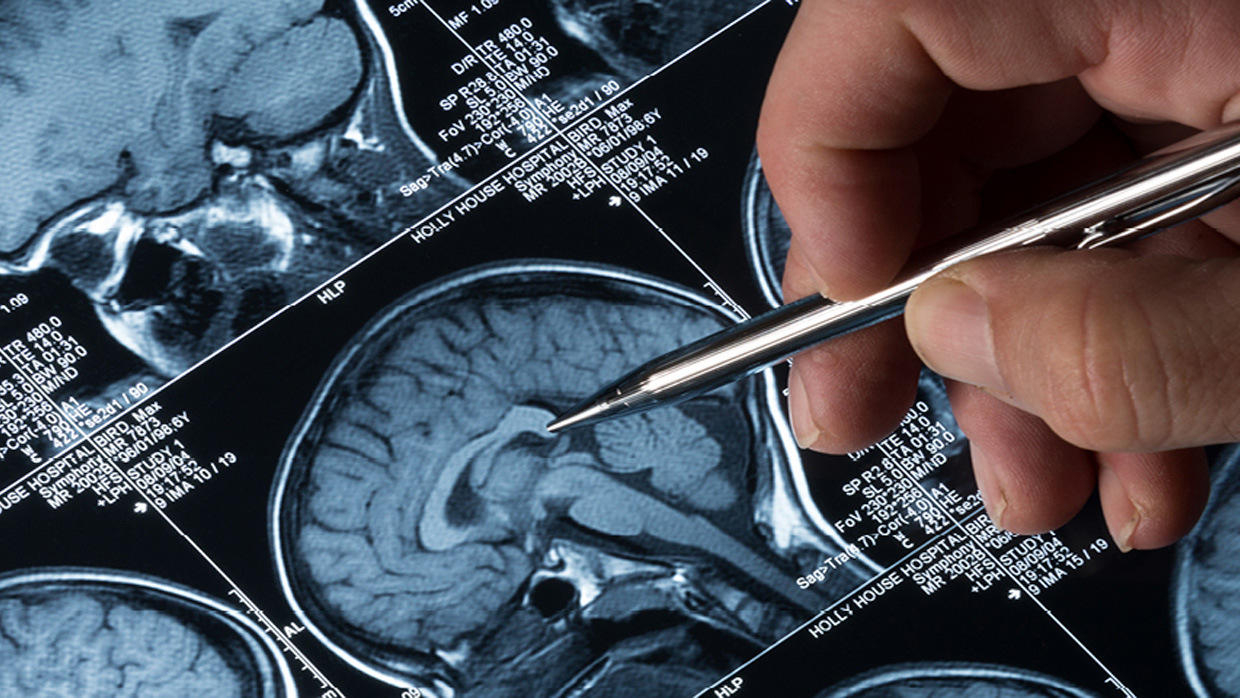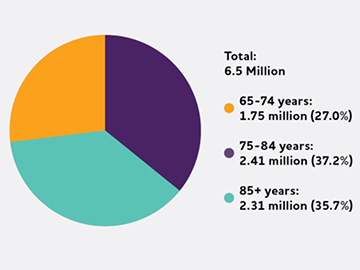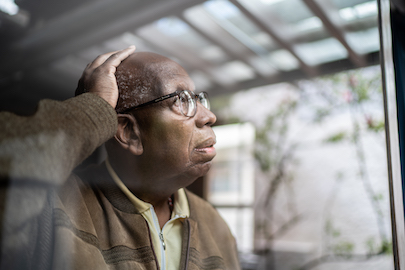Working to Identify Early Signs of Dementia and Alzheimer’s

Working to Identify Early Signs of Dementia and Alzheimer’s
Today, more than 6 million Americans are living with Alzheimer's, the most common form of dementia. By 2050, this number is projected to rise to nearly 13 million. Dementia or some form of cognitive impairment exists in every part of the senior community — including 60% in assisted living environments. Given these statistics, it is imperative that senior living providers, caregivers, and the overall public become more informed about Alzheimer’s disease and dementia.
June is Alzheimer’s and Brain Awareness Month—which provides an opportunity for millions of people around the country to share information and resources about effective treatments, preventive strategies, and how to provide standard care to those affected by Alzheimer’s. Raising awareness can help people recognize the early signs and symptoms of Alzheimer's and dementia in loved ones, or those in their communities.
Because a growing number of residents in senior living communities are impacted, next-level hospitality services are needed to improve clinical outcomes and enable adults with cognitive impairments to thrive in place longer.
Number & Ages of People 65 or Older with Alzheimer's Dementia, 2022

Many older adults, families, and care providers lack a basic understanding of dementia’s underlying conditions and expressions, and most caregivers are not properly equipped to deliver appropriate forms of care. Bridging the gaps between research, policy, and frontline service is essential to empower care communities in facing this growing challenge.
Graphic: Total number of people with Alzheimer’s Dementia is 6.5 million. 1.75 million (27%) are between the ages of 65 and 74, 2.41 million (37.2%) are ages 75–84 and 2.31 million (35.7%) are 85+.
We’re In This Fight With You
In 2022, Sodexo released the report, “Re-Thinking Dementia: From Novel Prevention Strategies to Better Models of Care”, to help raise awareness around emerging research on dementia prevention and care. We also worked with the goal of improving the everyday lives of those living with dementia and the individuals surrounding them. The report features conversations with seven experts—each making powerful contributions to changing how we think about elder care and treating those living with dementia. Each expert’s unique framework offers practices, strategies, and supports that ensure a better culture of care from pre-diagnosis and early-stage interventions to improved quality of care for people living with advanced dementia.

In senior living communities, your staff is the front line. Sodexo Seniors’ B Integrated Dining & Therapeutic Hospitality™ program takes a holistic approach to benefit residents suffering from mild cognitive impairment or dementia. The B program offers employees evidence-based education and training to recognize the signs of dementia and to work more closely with clinical teams to provide care.
It also highlights steps team members can take with dining room layouts and assisted dining solutions to create a more inclusive environment for residents with cognitive impairment. Taking a collective approach is essential to providing the care your residents need and deserve. Because a growing number of residents in senior living communities are impacted, next-level hospitality services are needed to improve clinical outcomes and enable adults with cognitive impairments to thrive in place longer.
The more people are aware of the impact of Alzheimer’s disease and dementia, the more action we can inspire.
Download a copy of the report “Re-Thinking Dementia.”
Learn more about Sodexo Seniors’ B Integrated Dining & Therapeutic Hospitality™ program.